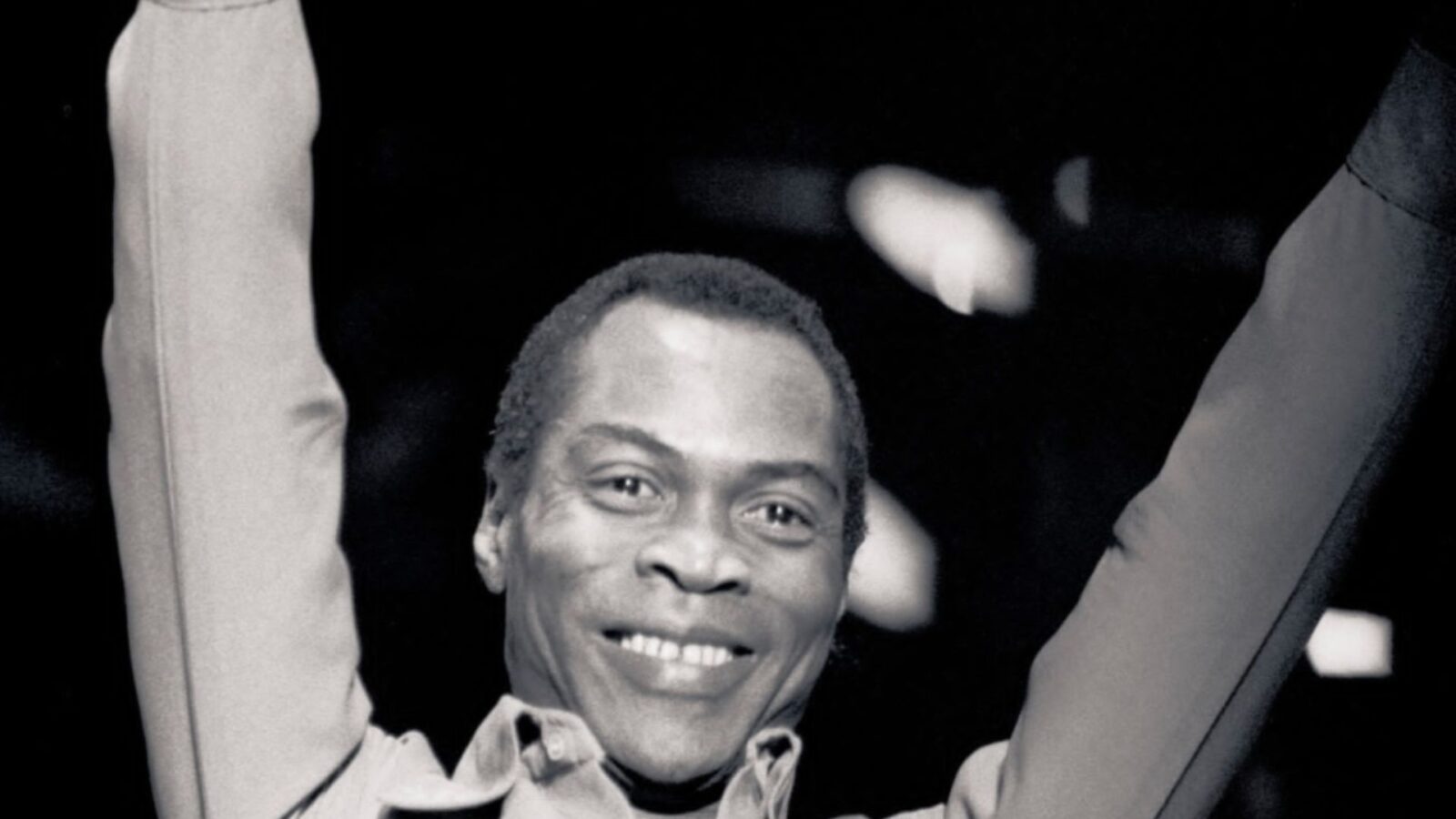Many people misunderstand the Gen Z protests, reducing them to mere acts of defiance or labeling them as ‘kichwa ngumu’ stubbornness. But that’s a shallow interpretation of a much deeper issue. These protests are not just about resisting authority or causing chaos.
It’s not about throwing stones or fighting the police. On the contrary, most young people have responsibilities, dreams, and ambitions they are working hard to achieve. The government, too, has its role to play in society.
So what, then, is driving this generation to rise up and challenge the very system meant to support them?
This is the critical question we need to ask if we are to truly understand the heart of the matter.
Let’s begin by looking at the economic hardships that ignited the protests. The 2024 Finance Bill, which introduced increased taxes and raised serious concerns about the government’s economic priorities, became a turning point for many young people.
With youth unemployment soaring above 30%, according to the Kenya Institute for Oublic Policy Research and Analysis, and the cost of living climbing every day, frustration began to boil over.
From skyrocketing fuel prices to unaffordable rent and basic food costs, the Bill seemed to hit every corner of daily life. For many, it felt like being squeezed from all sides, with no room left to breathe.
Sarah Muthoni, a 22-year-old student activist from the University of Nairobi, put it clearly: “It isn’t about the Finance Bill anymore. It’s about our future, about having a voice in the decisions that affect our lives.”
This generation is not idle. Most young people are pursuing education, building careers, or seeking ways to contribute to society. Naturally, when policy after policy seems to ignore their needs and instead burdens them further, speaking out becomes necessary.
Beyond the economy, the protests reflect deep frustrations with perceived corruption and the desire for a more just and equitable society. Young people are demanding accountability from leaders and insisting on a country where rights are protected, and opportunities are fair and accessible to all.
Protesting government policies is not new in Kenya. It’s part of our political fabric. But what makes these recent demonstrations different is the way Gen Z mobilized fast, organized, and united. What started as a hashtag on X platform did not stay online, it become action on the streets.
Our education has also played a role in shaping this awareness. Literature books like Kidagaa Kimemwozea, Mstahiki Meya, and Tumbo Lisiloshiba opened our eyes to the dangers of poor governance and selfish leadership. These stories gave us the language and insight to name what we now experience in real life.
So, while traditional civil society spaces may appear weaker or less visible, what we are witnessing is a transformation. Gen Z is building new forms of civic engagement, ones that are adaptive, resilient, and harder for the government to suppress.
This movement is not about stubborn resistance. It’s about protecting the common good. It’s about building a country where young people can dream, act, and thrive without being held back by broken systems.












